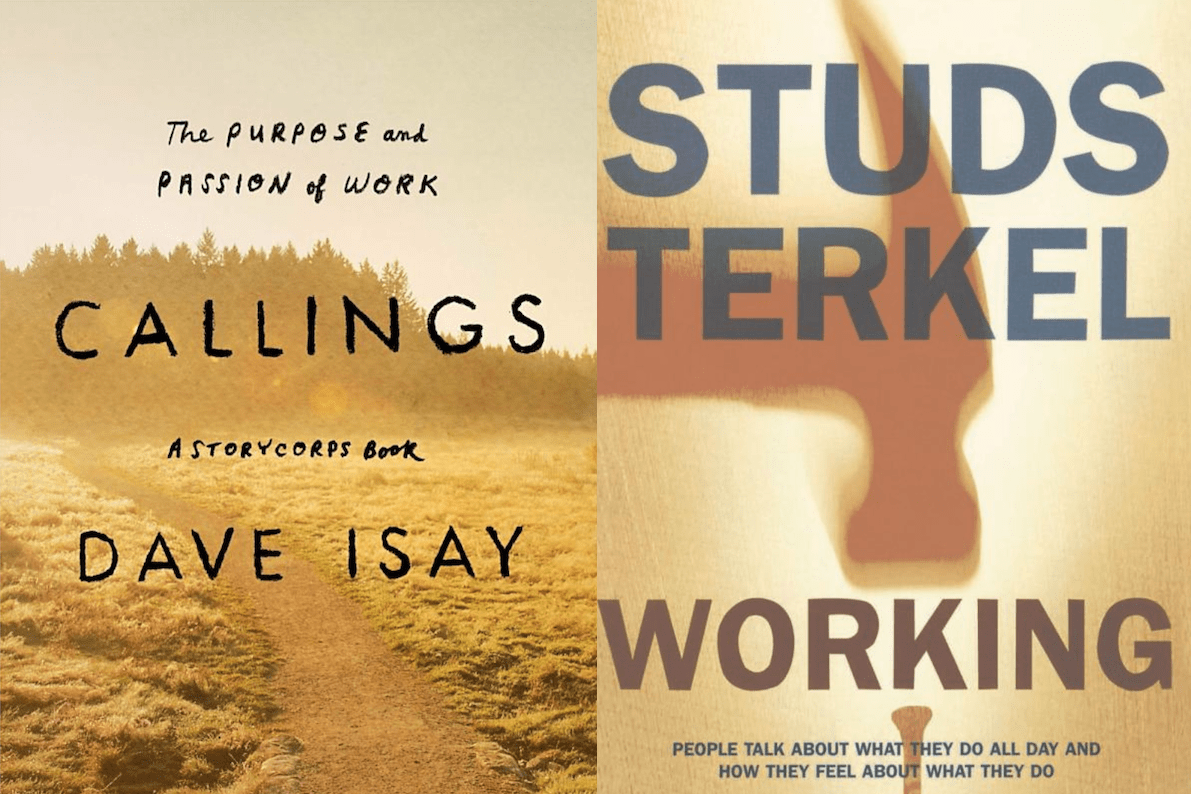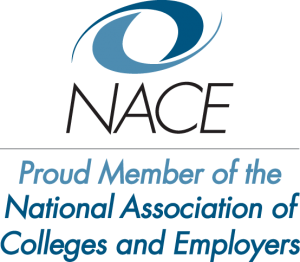Lots of people kick off the new year by evaluating changes they’d like to make, including (and perhaps especially) within their career paths. Often, we think through our current situation by comparing to what other people seem to experience. I like to engage in this task as well, which is why I am re-reading two books: Studs Terkel’s classic book Working, and Dave Isay’s more recent classic, Callings: The Purpose and Passion of Work. These books offer a fascinating and very different views of work. Both provide an oral history of work based on interview transcripts. But many of Terkel’s interviewees painted a harsh and soulless picture of their jobs, noting that they lacked agency and were often treated less than respectfully by employers and customers; Terkel described the book as “by its very nature, about violence—to the spirit as well as to the body.” In contrast, Isay finds hope in his subjects’ experiences and offers an antidote to the harsh realities of employment described in Working.
Callings is a collection of stories about work drawn from transcripts of interviews with workers. In contrast to Terkel’s famous one-man-and-a-microphone approach, however, the stories in Callings emerge from the thousands of interviews collected by StoryCorps, the organization founded by Isay in 2003 whose mission is to “instruct and inspire people to record each other’s stories in sound.” Usually the interviews are recorded in one of the StoryBooths stationed in four U.S. cities, or in the MobileBooth, a trailer outfitted with a recording studio that travels across the country. All interviews are archived at the American Folklife Center at the Library of Congress; some are edited to air on a weekly NPR segment or on the StoryCorps website.
Callings, the latest of five books produced by the effort, presents the lived experience of a diverse collection of workers representing fields as obscure as Street-Corner Astronomer and Bridgetender; as blue-collar as Oil Rig Driller and Bricklayer; and as exotic as Video Game Inventor and NBA Referee. Isay organizes the stories across five themes—dreamers, generations, healers, philosophers, and groundbreakers. In nearly all cases, the stories inspire. Whereas Terkel’s autoworker would tease a coworker “just to break the monotony” because “you want quittin’ time so bad,” Isay’s salmon slicer described his work as “a sensual experience that occurs between me and my salmon and my knife, and I never get tired of it. It’s mesmerizing.” And whereas Terkel’s truck driver “fantasizes something tremendous” just to make it through the day, Isay’s sanitation worker stops and savors his work: “Get off the truck. Look back. Nice and clean, right?…Be proud of yourself. You did that.”
What accounts for the vast differences in experiences expressed by workers in these two books? There are several factors, but whereas so many stories in Working reveal a sense of work as having no point, the narratives in Callings display the meaning and purpose that people experience when they are using their gifts in large or small ways to somehow make their communities and world better. Helping people find jobs that align well enough to result in that kind of meaning is at the heart of jobZology. Do you have a job that feels pointless and devoid of meaning, like those described in Working? The stories in Callings will inspire you, and jobZology can help you forge a path that will transform your career from one of daily agony to one of rich meaning.







